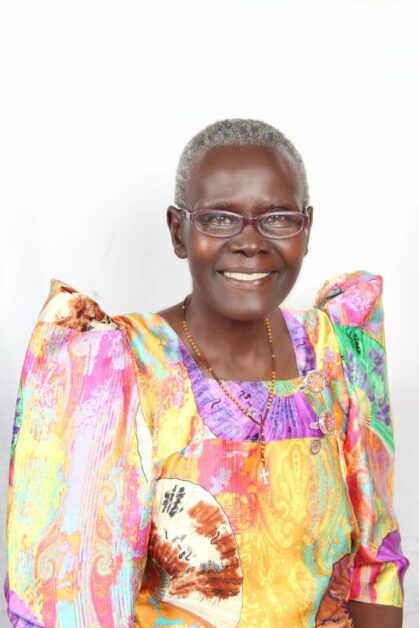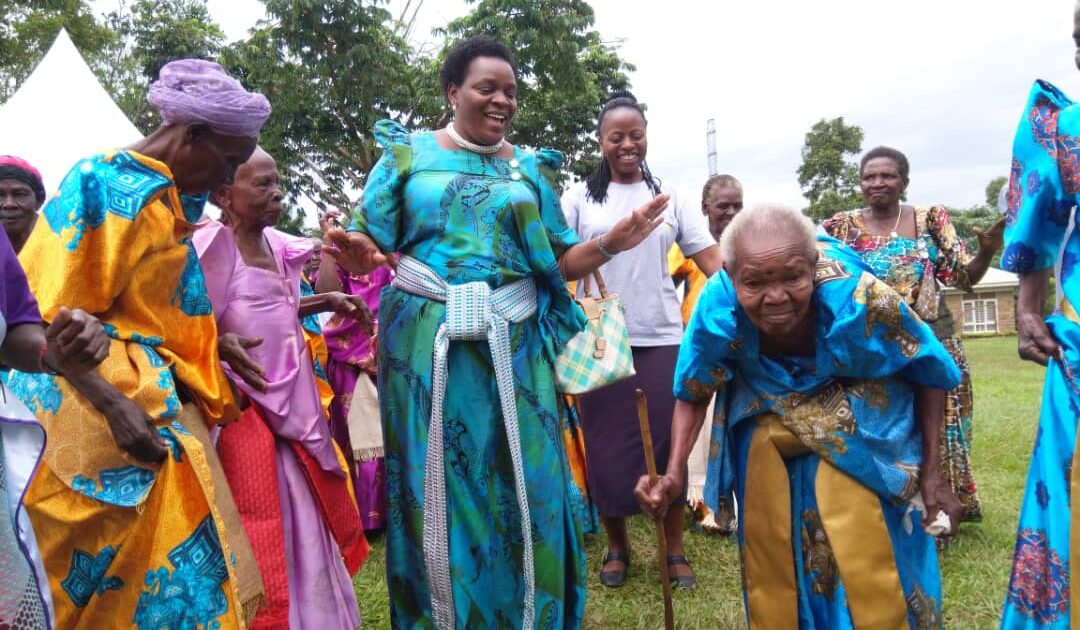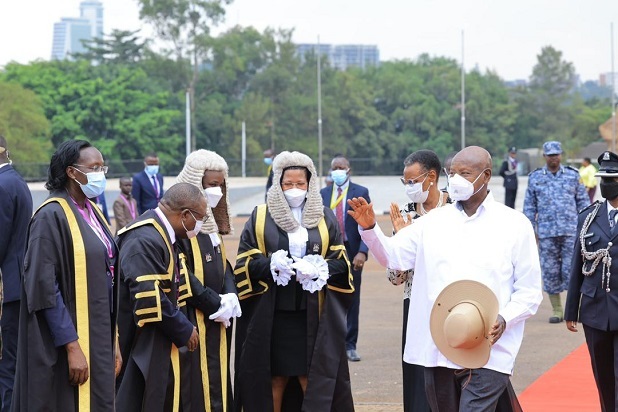By Bakazimbaga Muhindo Anne
This year, we mark the International Day for Older Persons under the theme “Pandemics: Do they change how we address age and aging?” Needless to say that we celebrate amidst the COVID 19 pandemic which has severely disrupted our way of life, causing social and financial distress for many. By 2050, the global population of older persons shall have grown to 1.5 billion having increased in all regions of the world. Ageing presents both opportunities and challenges for societies and so do pandemics. In normal times and more urgently during a pandemic, states struggle to address old age poverty, health, psychosocial, nutrition, mobility and economic needs of older persons.
As the COVID 19 pandemic unfolds, evidence suggests that older persons are more susceptible to getting infected and dying from the virus due to their weaker immune system and likely preexisting medical conditions. So far, the world has recorded more than 32 million cases of COVID 19 and has lost almost 1 million people to the pandemic. In the USA, 84% of the 86,647 deaths so far recorded occurred among older persons 65 years and above.

This pandemic calls for an urgent reflection on aging and where and how our older persons live. In countries where older persons generally live in care homes, the quality of care is being questioned after several residents contracted and died from COVID 19. In Uganda, most of our older persons live in rural areas and are taken care of by family members. Lock down measures led to physical separation and lessened the capacity of family members to take care of older persons.
Uganda has recently been ranked among the top 10 countries in best managing the COVID 19 pandemic and luckily, older persons account for only a small percentage of our confirmed cases. Among some sections of our population, the pandemic has led to positive lifestyle changes that shall support healthier aging in the long run such as exercise, better nutrition and handwashing which shall hopefully remain with us after this pandemic.
The pandemic also reveals that more needs to be done regarding age and aging in our society. Instituting sustainable social safety nets in the event that families are unable to take care of older persons during crisis, ensuring proper nutrition to strengthen immunity particularly for older persons and cushioning workers from the negative socio-economic effects of pandemics such as closure of businesses and loss of jobs all of which affect people’s ability to prepare adequately for life in old age.
The current pandemic also highlights how critical access to water is for maintaining health and preventing the spread of the virus. It is estimated that washing hands with soap and water could reduce diarrheal disease associated deaths by 50% and the risk of respiratory infections by 16%. The Water and Environment Sector Performance Report 2019 shows that the national safe water coverage in rural areas stands at 69%. Critical consideration of physical and social proximity challenges faced by older persons in accessing social amenities is essential. Strengthening the capacity of our health systems to manage old age illnesses that make older persons more susceptible to infection in case of a pandemic should also be a policy priority.
Pandemics expose preexisting flaws in policies and systems of service delivery but also remind us of the need to address age and aging from a systemic perspective. Let us use the lessons from COVID 19 to better respond to the needs of older persons in our society now and in the future. Happy International Day for Older Persons!
Bakazimbaga Muhindo Anne is an Aspiring MP for Older Persons, Western Region.





